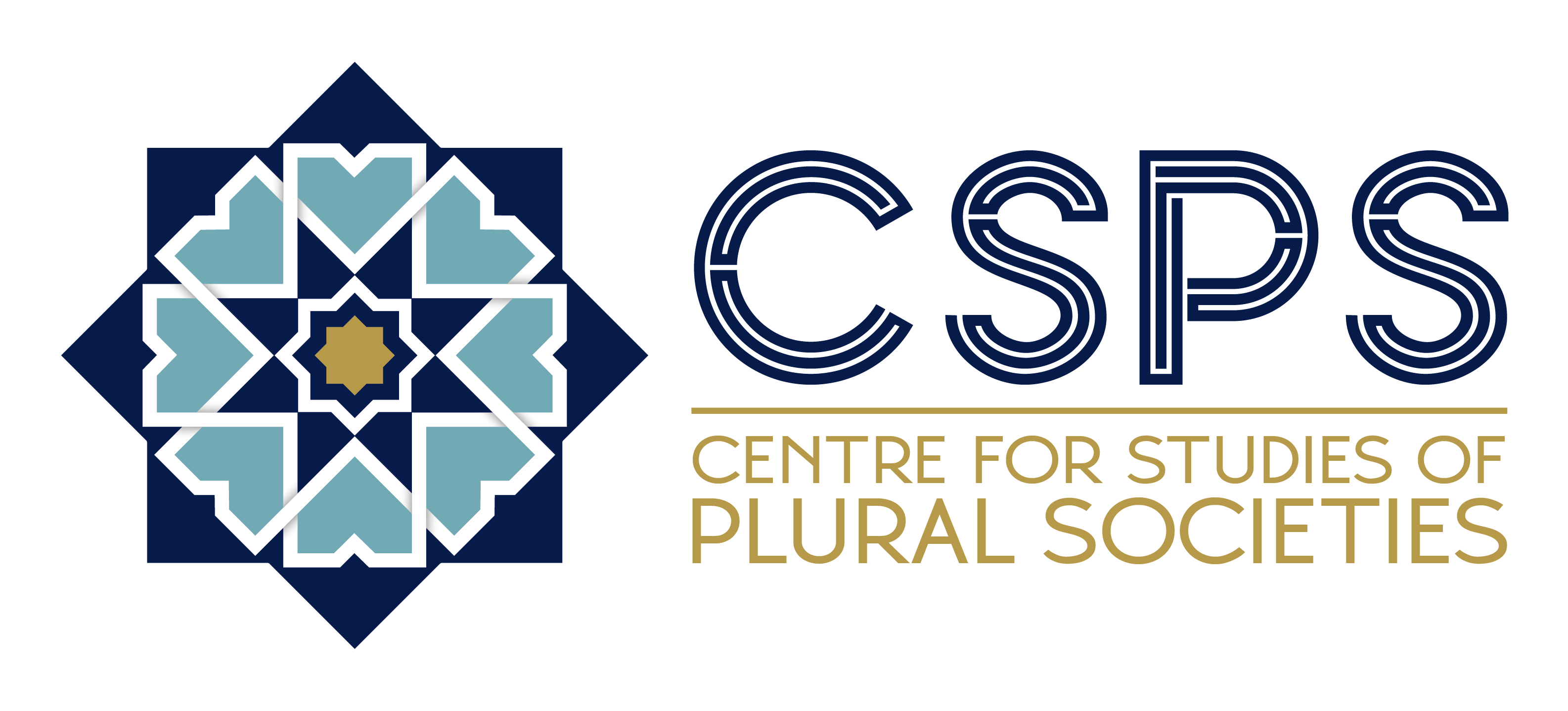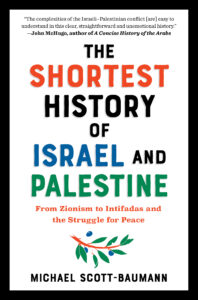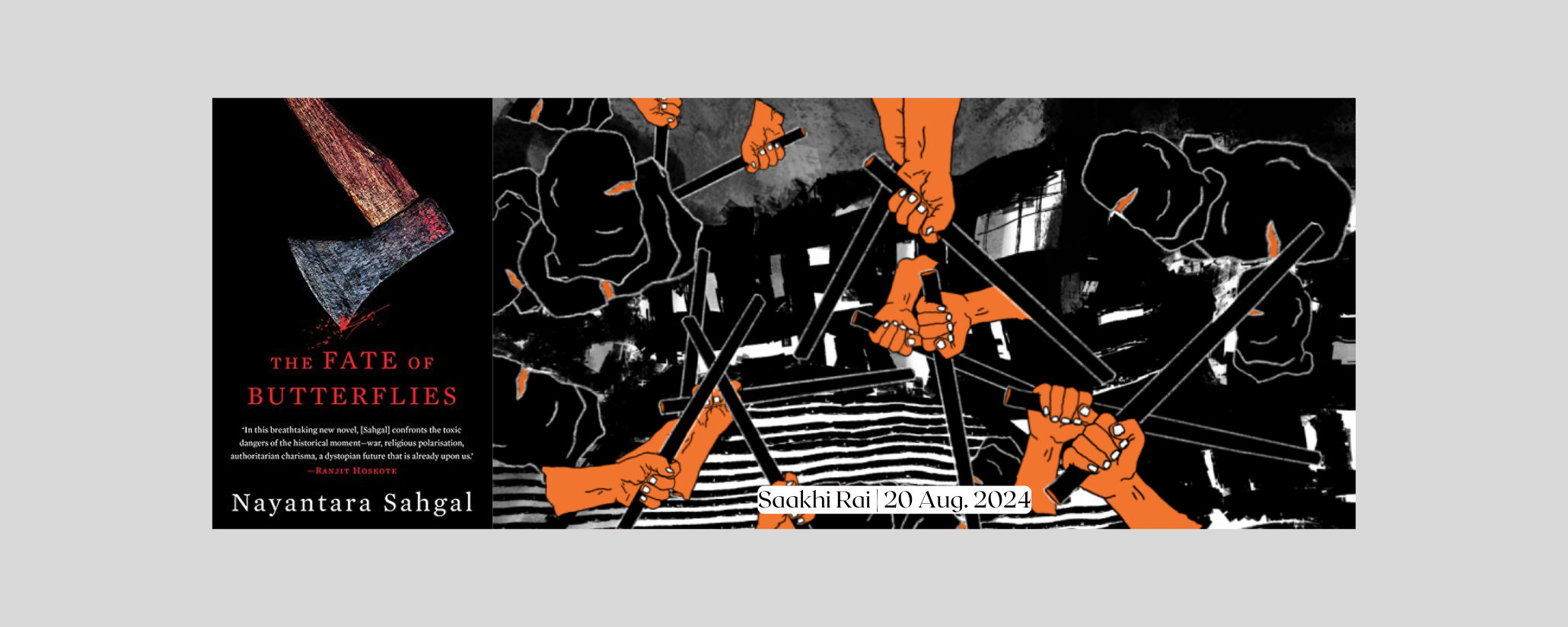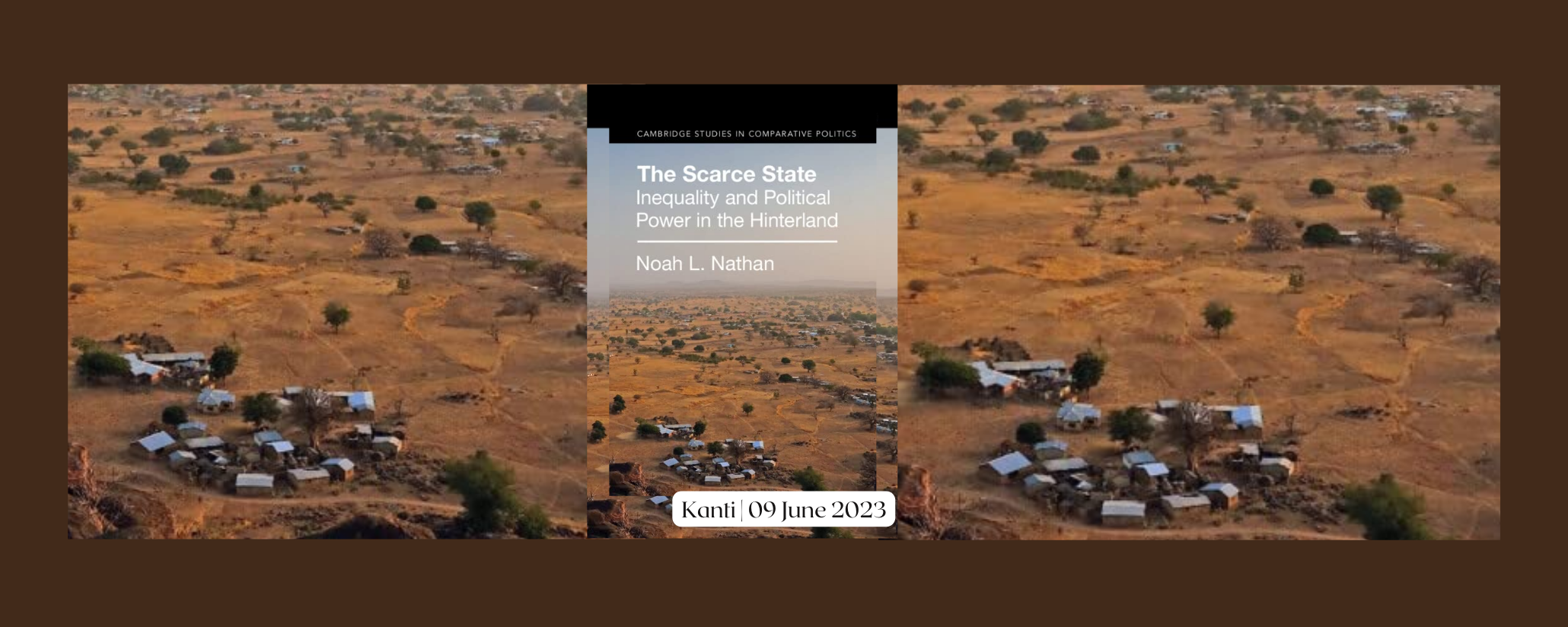In “The Shortest History of Israel and Palestine”, Michael Scott-Baumann strives to dispel the misunderstandings, biases, and confusion surrounding the Israel-Palestine conflict. His work seeks to clarify the roots of a conflict that has endured for over 75 years, presenting a balanced and updated historical account suitable for both students and general readers intrigued by the issue. The book offers a chronological perspective, tracing the origins of the conflict from pre-1914 to the present, with the narrative beginning in 1882 when the First Aliyah, a wave of Jewish immigration to Palestine, set the stage for a series of events that shaped the contentious history that followed.
The author examines the critical circumstances leading to the creation of Israel in 1948, presenting the viewpoints of both Israelis and Palestinians. This dual narrative helps illuminate the complex and often fraught relationship between these two peoples, linking the past to contemporary events that continue to have global repercussions.
Divided into ten chapters, the book tackles significant questions in each, offering clear explanations of the political landscape. The use of personal testimonies, drawn from interviews, diary entries, memoirs, and news articles, provides an intimate view of how the conflict has shaped the lives of people on both sides. Maps included in the text also help readers grasp the shifting boundaries and territorial changes over the decades.
One of the central themes Baumann explores is the migration of European Jews to Palestine, a movement inspired in part by Theodor Herzl’s 1896 book The Jewish State, which called for a Jewish nation-state. Herzl viewed this state as an “outpost of civilization” against the “barbarism of Asia.” The book also details the development of key Zionist institutions like the World Zionist Organization (WZO) in 1897 and the Jewish National Fund (JNF) in 1901, which were crucial in acquiring land in Palestine.
Baumann emphasises how the rising tensions between Jews and Arabs in Palestine, particularly before World War I, set the stage for future conflicts. The strategic importance of the Suez Canal enabled Britain to take control of Palestine after the war. The book covers pivotal moments, such as the British Mandate, the First Arab Israeli War, Operation Black Arrow, the creation of the Palestine Liberation Organization (PLO), the Six-Day War, and the establishment of the State of Israel in 1948. The text also discusses events like Hamas suicide bombings, Israeli occupation, and wars in Gaza, presenting these complex issues with clarity and insight.
Throughout, Baumann provides a broad understanding of the key figures involved in shaping Israel and Palestine’s history, demonstrating how their decisions influenced the course of events. Rather than simply recounting “what happened,” the author seeks to “determine the significance” of these events, helping readers grasp their importance in shaping the modern Middle East.
The book challenges the idea that a single source of information can adequately explain such a complex conflict, reinforcing the importance of continuing research. While some readers may find Baumann’s account leaning slightly towards a pro-Palestinian or neutral stance on Israel, the book does not claim to offer a definitive opinion. Instead, it aims to provide historical context, encouraging readers to form their own perspectives.
Baumann delves deeply into the evolution of Zionism, highlighting how it shifted from being a justified movement in the aftermath of the Holocaust to one that some see as a means of oppressing others. The book presents a strong case that counterterrorism efforts should consider how mistreating civilians often leads to the creation of terrorists, drawing a parallel between modern-day conflicts and historical resistance movements, such as the Warsaw ghetto uprising during World War II. The lesson, according to Baumann, is that mistreating civilians invariably fuels resentment and resistance.
However, the book faces some criticism for its focus on the post-1800 history of Israel and Palestine, omitting much of the cultural and historical context of Palestine during and before the Ottoman era. The timeline also stops before the events of October 7, 2023, which many would consider a critical oversight. Additionally, the relatively recent concept of a Jewish or Palestinian nation-state is examined, but Baumann does not delve deeply into the broader historical significance of the Westphalian nation-state model that underpins both concepts.
While the book’s primary focus is on Israel, Gaza, and the West Bank, it also touches on larger Middle Eastern political dynamics and how they relate to the ongoing conflict. Baumann discusses the United States financial support for Israel, providing an overview of the significant political changes in recent years, such as Donald Trump’s policies and the brief leadership of Naftali Bennett, who replaced Benjamin Netanyahu in 2022 before Netanyahu returned to power after the collapse of the Israeli government a year later.
Overall, Baumann’s writing is engaging, supported by well-organised data, maps, and terms that help readers navigate the intricacies of the conflict. The book has made a valuable contribution to political science and international relations, offering a thorough overview of key players and events while highlighting the deep divisions between those involved. Scott-Baumann’s extensive bibliography is a great resource for further research, and his work provides a wealth of detail that helps readers better understand the ongoing complexities of the Israel-Palestine conflict.
For those looking for a book that not only traces the history of this long-standing conflict but also brings them up to date on more recent developments, “The Shortest History of Israel and Palestine” offers a comprehensive and thought-provoking account.




